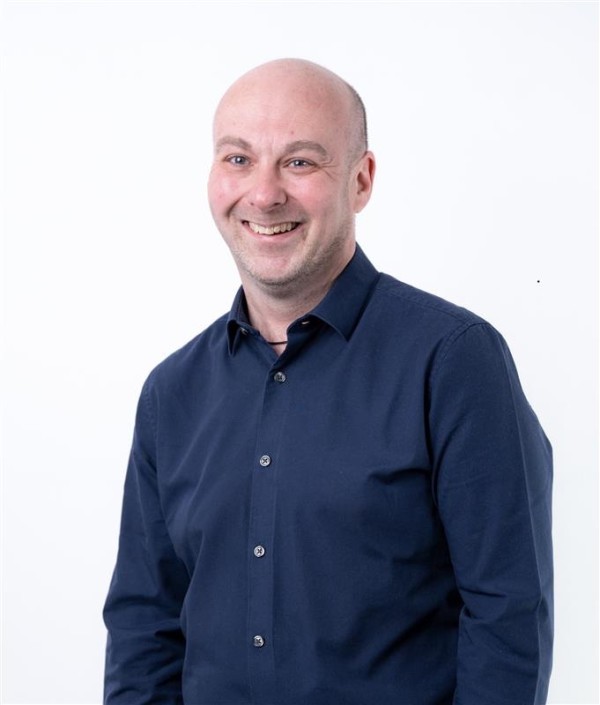

There are some days when I feel less like a director and more like a mental gymnast, vaulting from one topic to another with barely a moment to catch my breath. My goodness, that’s a scary image! It’s a world where no two hours are ever alike. One moment I’m deep in a conversation about industry involvement in a clinical trial, and the next I’m in a meeting about Zero-Based Budgets. It’s exhilarating, yes, but it’s also mentally demanding in ways that are hard to explain unless you’ve lived it.
Don’t get me wrong, the variety is a massive part of the appeal. I love the breadth of what I do, supporting research managers and researchers across disciplines and indeed different organisations, navigating local and national policy landscapes, enabling innovation, but also ensuring compliance. Here, the challenge lies in the switching. It’s not just about moving between meetings; it’s about shifting cognitive gears. Each topic demands a different mindset, a different language, and often a different emotional tone.
The challenge isn’t just with the volume, it’s the cognitive fragmentation. Each topic lives in its own silo, with its own logic and expectations. Switching between them isn’t seamless. It takes time to recalibrate, to reorient, and to re-engage. So when the transitions are rapid, it’s easy to feel scattered, unfocused, or even slightly disoriented.
Over the years, and through trial and error, I might add, I’ve learned to build some very simple buffers into my day. Five minutes between meetings to breathe, jotting down thoughts, or simply staring out the window…. My paper tablet is now a vital tool in helping me manage my day, it’s not just there for jotting down the ‘to do’ lists, it’s also there for the transitions. A place to write down what I just did and what I’m about to do. It helps me mentally close one tab before opening the next. I’ve also become more intentional about how I prepare for meetings. I try to read agendas ahead of the meeting, so my brain has time to start processing. I block out time for deep work, especially when I need to write, reflect, or make strategic decisions and treat this time as importantly as I would an actual meeting. I’ve learned to say no to back-to-back meetings when I know the topics are wildly different.
However, perhaps the most surprising thing is how often these seemingly unrelated threads connect. A conversation about effective communication might inform how I think about capacity building. A budget constraint might spark a creative solution in project planning. A researcher’s or research manager’s frustrations might highlight a systemic issue we need to address. This sort of chaos can have a kind of rhythm, and over time, I’ve learned to listen for it.
I do believe there’s a skill to this kind of work, one that’s rarely acknowledged. It’s not just about knowledge or expertise. It’s about cognitive agility. The ability to move between domains, adapting your thinking, and staying present even when the context keeps changing. It’s exhausting, yes, but it can also be deeply rewarding.
At the end of the day, I don’t feel like I’ve worn multiple hats. I feel like I’ve been spinning plates, juggling priorities, and weaving together a tapestry of ideas, people, and possibilities. Yes, it’s messy and yes it’s demanding, and it’s definitely not for everyone! Those of us who thrive in the in-between spaces, who find energy in variety and meaning in complexity, will know exactly what I’m talking about and why we remain in these roles!!
So, if you ever find yourself wondering why your brain feels fried after a day of meetings, remember: it’s not just the time you’ve spent, it’s the mental miles you’ve travelled. And that is something worth recognising and even celebrating!
